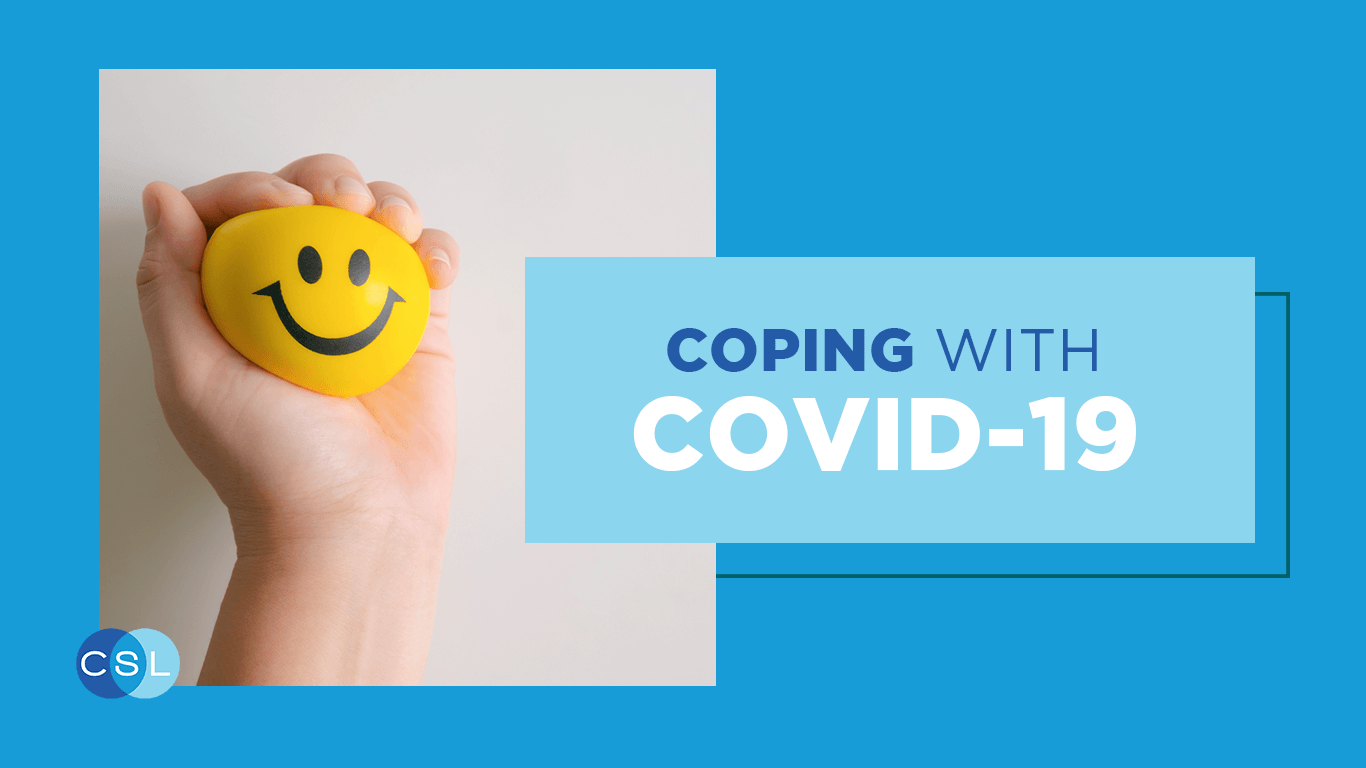Community Senior Life understands that the concerns and health issues surrounding coronavirus (COVID-19) may be creating additional stress for adults, teens, and children. It’s essential to find healthy ways to cope with these feelings to maintain mental health and overall wellness.
While it’s necessary to check trusted sources for information and updates, there’s no need to be tuned into the news all day. Ongoing news reports can contribute to increased anxiety and stress. Set a limit on how much time you spend checking the news. Check-in with the news once in the morning and once in the evening; if you’re traveling, maybe again in the middle of the day.
Other ways you can manage your stress during this time include:
- Adequate Sleep – Ensure you’re getting six to eight hours of sleep a night.
- Up Your Vitamin C Intake – Citrus fruits are the best way to boost your immune system.
- Meditation – Even three minutes of meditation a day can have positive effects on your health.
- Light Exercise – Take a walk around the neighborhood; fresh air and sunlight are great for your immune system and can increase your mood and decrease your anxiety levels.
- Socialize – Even if we are being encouraged to embrace social isolation, you don’t have to cut yourself off from everyone. Use alternative methods to socialize and check in with friends via FaceTime or give them a call.
- At-Home Hobbies – Adult coloring, puzzles, or just catching up on that great TV show you’ve been promising yourself you’d watch are great stress relievers.
Talking to Your Kids About Coronavirus (COVID-19)
To help alleviate the panic and anxiety your children feel surrounding coronavirus, use matter-of-fact language when communicating. Stick with simple, yet age-appropriate language and educate them about ways to prevent catching the virus.
A good way to put children and teens at ease is to give them concrete safety tasks and precautions that they can take to feel more in control. For example, calmly explain to them we are going to be washing our hands more often, and when we can’t wash our hands, we will be using hand sanitizer. These are simple and non-scary actions that they can take to protect themselves.
With school closing, try to utilize the time at home effectively and efficiently. Ensure that all home assignments are completed and keep the structure going. Kids without structure can get more anxious, nervous, and hyperactive, so put your own daily structure in place at home. Establish a school work time, free-time, lunchtime, etc. just like in school.
According to the CDC, children and teens may respond to stress in different ways. Some common behavior changes that could indicate increased stress or anxiety include:
- Excessive crying or irritation in younger children
- Returning to behaviors they have outgrown (for example, toileting accidents or bedwetting)
- Unhealthy eating or sleeping habits
- Irritability and “acting out” behaviors in teens
- Poor school performance or avoiding school
- Avoidance of activities enjoyed in the past
Helping yourself and others cope with their stress can also make your community stronger!
